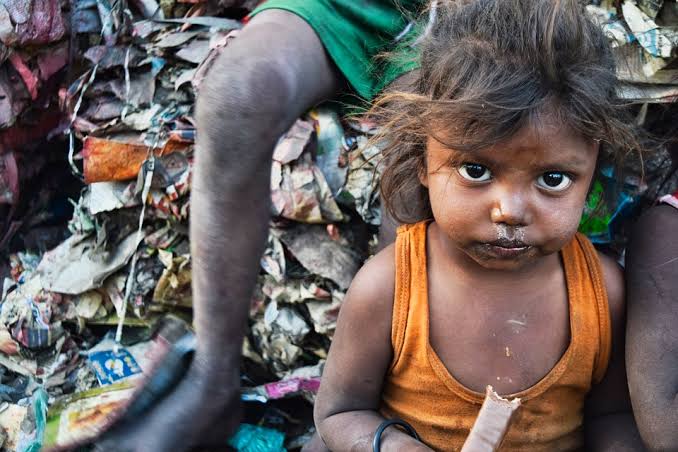News
UNICEF says 20% children from Britain, France, other rich countries in abject poverty

A UNICEF report released on Wednesday, revealed that 69 million children, or more than one in five (20%) live in poverty in the 40 richest nations in the world.
The report also criticised Britain and France for their relatively low rankings.
In the forty wealthy nations analysed by the European Union and the Organisation for Economic Cooperation and Development (OECD), child poverty rates decreased by approximately 8 percent in the years 2012 to 2014 and 2019 to 2021.
“This is equivalent to around 6 million children out of a total child population of 291 million,” said UNICEF Innocenti, the United Nations agency’s research arm.
Read Also: Nigerian govt targets concessionary loans, climate financing to fund 2024 budget
But at the end of 2021 there were still more than 69 million kids in poverty in those countries.
“For most children this means that they may grow up without enough nutritious food, clothes, school supplies or a warm place to call home,” said Bo Viktor Nylund of UNICEF Innocenti, highlighting the impact of such struggles on young people’s physical and mental health.
Relative poverty, or about 60% of the national median income, is the basis for the UNICEF estimate and is frequently used by industrialised nations to determine their own definitions of poverty.
The research emphasised that a country’s wealth did not automatically pull its children out of poverty and asked for effort to assure children’s well-being as well as political will among the surveyed countries.
Join the conversation
Support Ripples Nigeria, hold up solutions journalism
Balanced, fearless journalism driven by data comes at huge financial costs.
As a media platform, we hold leadership accountable and will not trade the right to press freedom and free speech for a piece of cake.
If you like what we do, and are ready to uphold solutions journalism, kindly donate to the Ripples Nigeria cause.
Your support would help to ensure that citizens and institutions continue to have free access to credible and reliable information for societal development.




















